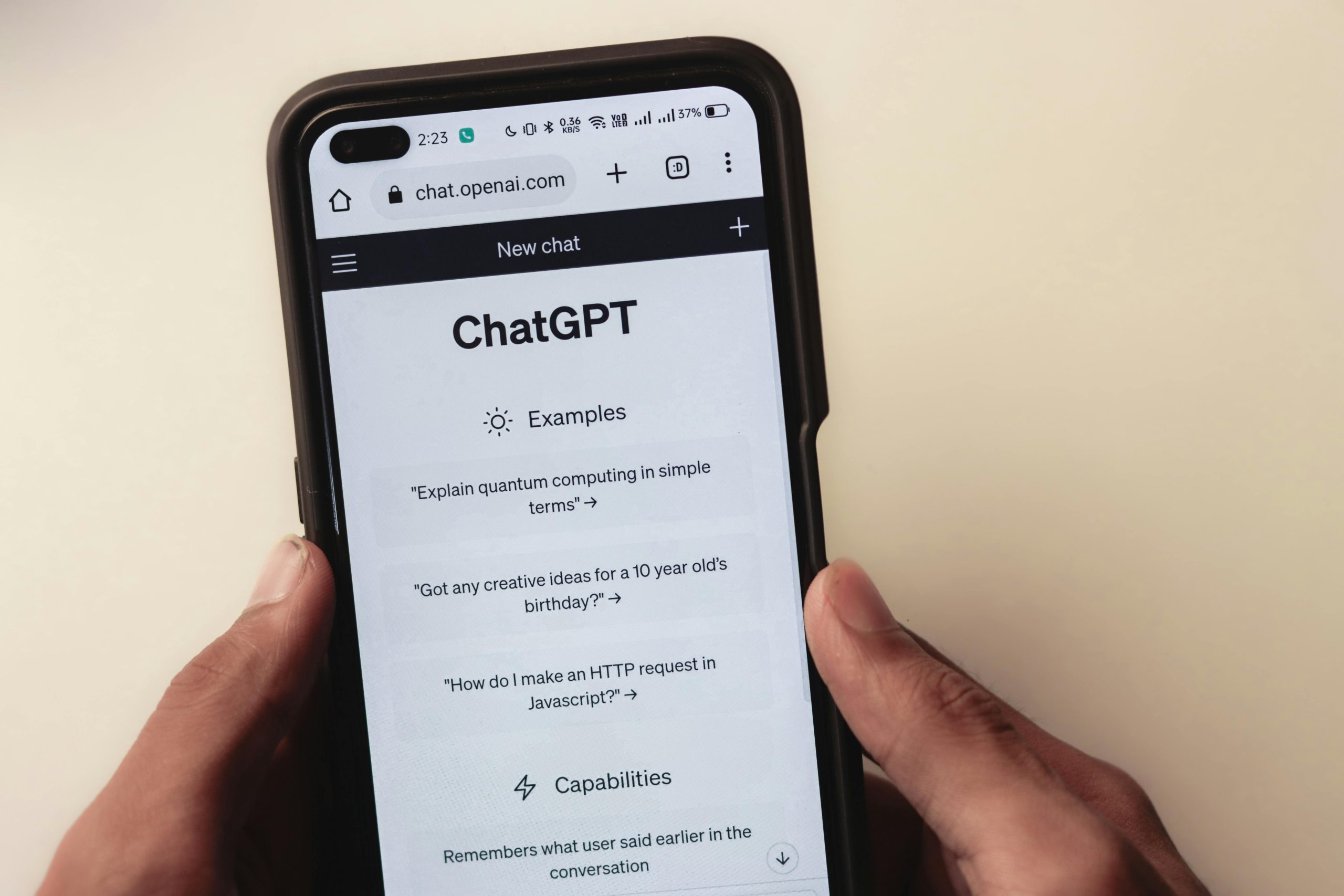People talk a lot about creating AI solutions as a way to succeed in an AI-dominated world, but what are some real examples?
Navigating AI Innovation: Practical Strategies for Non-Experts in an AI-Driven World
In today’s rapidly evolving digital landscape, discussions about harnessing artificial intelligence often focus on the transformative potential it holds across industries. While many emphasize building AI solutions to stay competitive, entrepreneurs and professionals often wonder: what are the concrete examples of successful AI implementations? And more importantly, how can individuals without a formal background in AI or machine learning effectively contribute to this revolution?
The reality is, AI is fundamentally reshaping the white-collar industry, creating new opportunities and challenges alike. The traditional path—completing specialized degrees or certifications—may not be accessible or necessary for everyone aiming to innovate in this domain. So, how can aspiring creators and problem-solvers develop impactful AI-driven solutions without extensive formal education in the field?
Real-World AI Applications Across Sectors
Many successful AI deployments are already making waves in various industries. For example:
– Automated customer service chatbots that provide 24/7 support
– AI-powered analytics tools that deliver actionable insights from large datasets
– Personalized recommendation engines in e-commerce and streaming platforms
– Intelligent scheduling and workflow automation to improve productivity
These implementations often involve multidisciplinary teams, combining domain expertise with accessible AI tools and platforms.
Strategies for Non-Experts to Build AI Solutions
-
Leverage User-Friendly Platforms and Tools: Modern AI development has become more democratized. Platforms like Google’s AutoML, Microsoft Azure Machine Learning, and open-source libraries such as TensorFlow or Scikit-learn enable non-specialists to experiment and deploy models without deep coding skills.
-
Focus on Problem-Specific Solutions: Identify clear, tangible problems within your industry or area of interest. Understand the data involved and how AI can provide a meaningful benefit. This targeted approach simplifies development and increases the likelihood of success.
-
Engage with the Community: Participate in forums, webinars, and online courses that cater to beginners. Communities like Kaggle, AI-specific subreddits, and industry groups offer valuable insights, mentorship, and resources.
-
Cultivate a Cross-Disciplinary Mindset: Combining domain knowledge with a basic understanding of AI concepts can be more powerful than mastering the algorithms alone. Building collaborations with data scientists or AI specialists can accelerate your project.
-
Iterate and Validate: Start with small prototypes to test ideas quickly. Use open datasets to refine your models, and gather feedback to ensure your AI solutions align with real














Post Comment